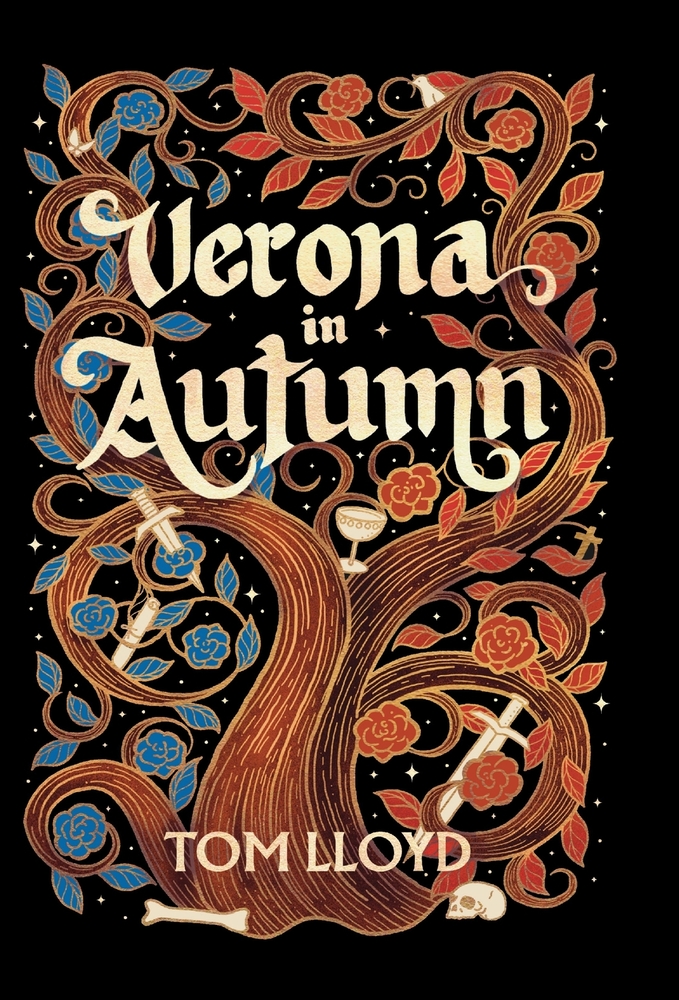Verona in Autumn – starting the novel
Even if you’re so foolish as to think “sure, Shakespeare; I should definitely write something that has people using Shakespeare as the benchmark” you still need to have a plan – a direction to approach it from. BUT Where to start?
I’ve always found that trying to get the whole idea straight from the start just results in a headache. I have to write – something, anything – to find out what the book’s going to be, taking little steps without worrying about the destination yet. I had the unusual position of having a platform to work from this time round, but still I tried to keep to some fundamentals.
The very first question I needed to address was the link between the play and the novel. How and where does the latter diverge? Obviously I needed to change the death scene in the play, when Romeo and Juliet are reunited, and unless it’s the crux of a mystery or key to the plot simplicity is usually best.
Could Juliet wake early? Catch Romeo before he takes the poison? Simple but unsatisfying I thought, so I moved on to the next step, the poison. Being a devious soul, I quickly realised that if I were a crooked apothecary, I might be tempted to cheat a suicidal young man. The suicidal probably don’t travel to a different city to ask for their money back and if you needed to justify it to yourself, wouldn’t you be doing him a favour? Wouldn’t it be a good deed, if you squinted a bit?
This felt right to me. It’s a book of good intentions in a way – saving Romeo and Juliet should be a good thing after all. That spirit naturally carries over to the act itself. It’s hard to argue that stopping someone’s suicide is wrong after all. And now they were saved, Friar Lawrence comes in to discover the bodies and finds instead the young lovers, they flee into exile before Romeo can be caught and executed. I had my beginning, but where to go from there.
If I was Hilary Mantel I would have probably written the full epic. Their years in exile, the birth of their children and the slow decline of Verona in their absence. And it would be brilliant – I imagine she would sell millions of copies and win the Booker too, but I’m not a famous literary novelist. I was a fantasist with a few months to spare while my publisher decided if they want to take the next books of the God Fragments series. I couldn’t spend years writing this, I didn’t know if I could even afford to write the whole thing. (Even now I’m a bit surprised I did and how well the book turned out.)
There was one thing in its favour however. I was tired, very very tired. It’s not exactly an auspicious starting point, but Princess of Blood was a tough book for me, 150,000 words written while a little boy who shall remain nameless did his best not to sleep for longer than four hours at a time.
I was a bit burned out by the process and wanted to do something different. A short novel? Sounds lovely. Historical? Nice. Written in the present tense to give the slight sense of a play? Intriguing… A change is often as good as a rest and if I just abandoned it to go back to the day job, I’d have at least stretched myself, learned something new. At that point I started doing some basic internet research and… well, I was there quite some time.
